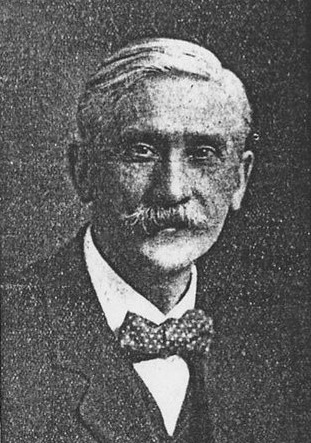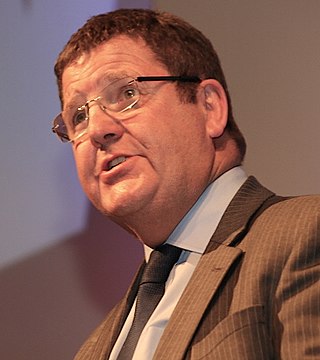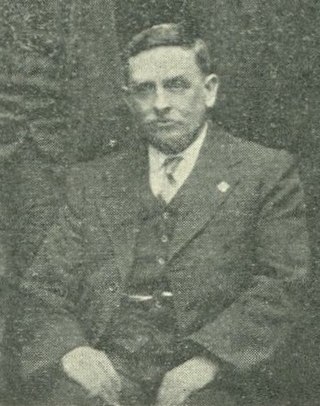Related Research Articles

Unison is a British trade union. Along with Unite, Unison is one of the two largest trade unions in the United Kingdom, with over 1.2 million members who work predominantly in public services, including local government, education, health and outsourced services.
The Workers' Union was a general trade union based in the United Kingdom and Ireland, with small branches overseas. The union was founded on 1 May 1898.During the 1910s, it was the largest general union in the UK, but it went into decline in the 1920s

Albert Victor Hilton, Baron Hilton of Upton, JP was a British farm labourer and trade union official who became a Labour Party Member of Parliament and later life peer.

Daniel Giles Sullivan was a New Zealand Member of Parliament, Cabinet Minister and Mayor of Christchurch.

Harry Gosling CH was a British Labour Party politician and trade union leader.

William Walker was a prominent Irish trade unionist and a leading figure within the Belfast labour movement. He served as President of the Irish Trades Union Congress and Vice-Chair of the British Labour Party.

Allen Gee was a British trade unionist and politician.

William Harold Hutchinson was a British trade unionist and Labour Party activist.

Michael Hookem is a British politician who served as Member of the European Parliament (MEP) for Yorkshire and the Humber from 2014 to 2019.

Patrick Thomas Daly, known as P. T. Daly was an Irish trade unionist and politician.

David R. Gilmour was a Scottish trade unionist.
Lorenzo Edward Quelch was a British trade unionist and politician.

The Electrical Trades Union (ETU) was a trade union representing electricians in the United Kingdom, much of its membership consisting of wiring fitters and telephone engineers.

Robert Morley was a British trade unionist and politician.
Albin Taylor (1866–1936) was a British trade union leader.
Peter Joseph Tevenan was an Irish-British trade unionist and politician.
William James Abraham was a British trade unionist and politician who served as president of the National Union of Railwaymen (NUR).
Robert Taylor was a Scottish trade union leader.
Thomas Charles Morris, often known as "Top Cat" Morris, was a Welsh trade unionist and socialist activist, who served on the National Executive Committee of the Labour Party.
John Weakley was a British trade unionist, who became acting president of the Amalgamated Engineering and Electrical Union.